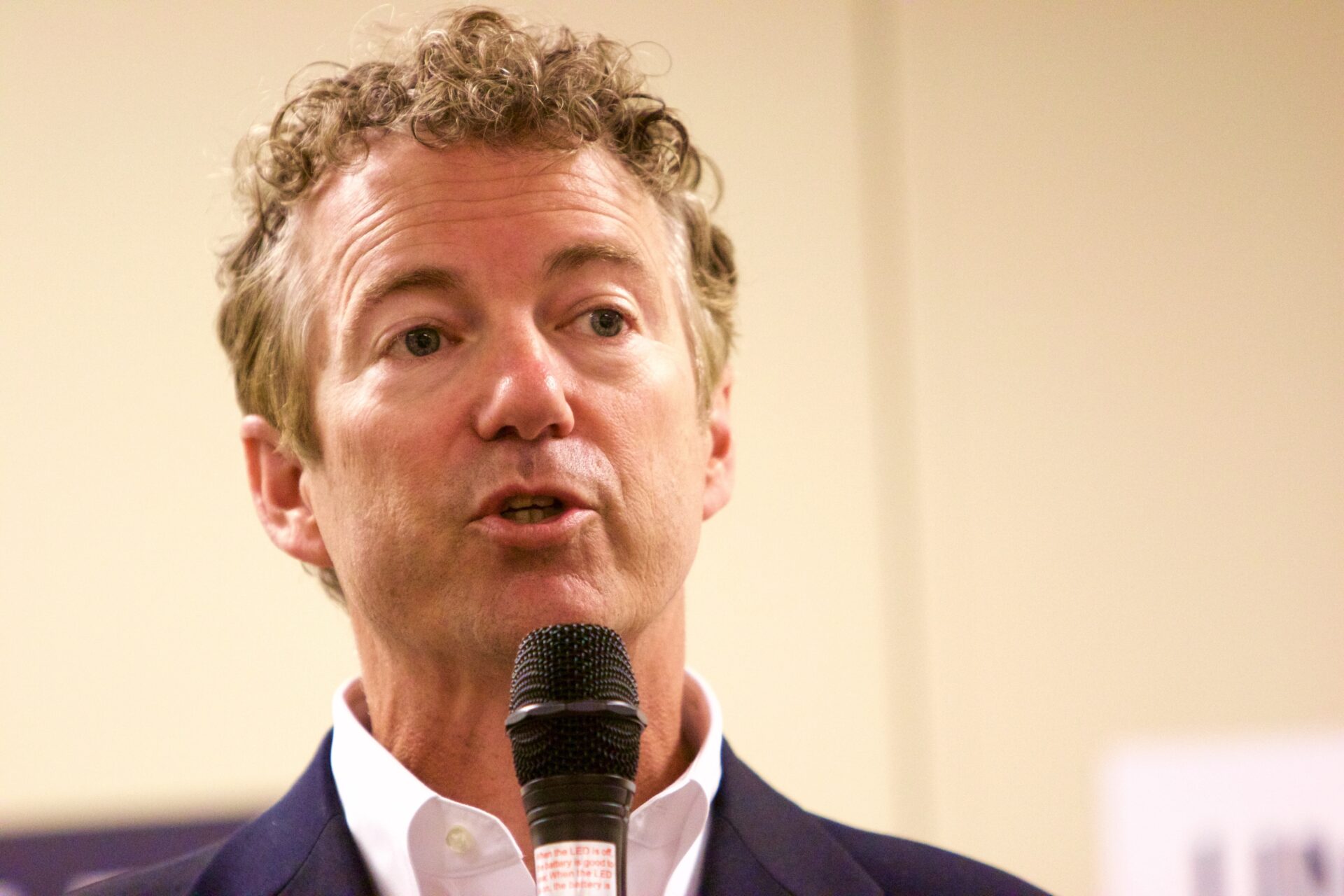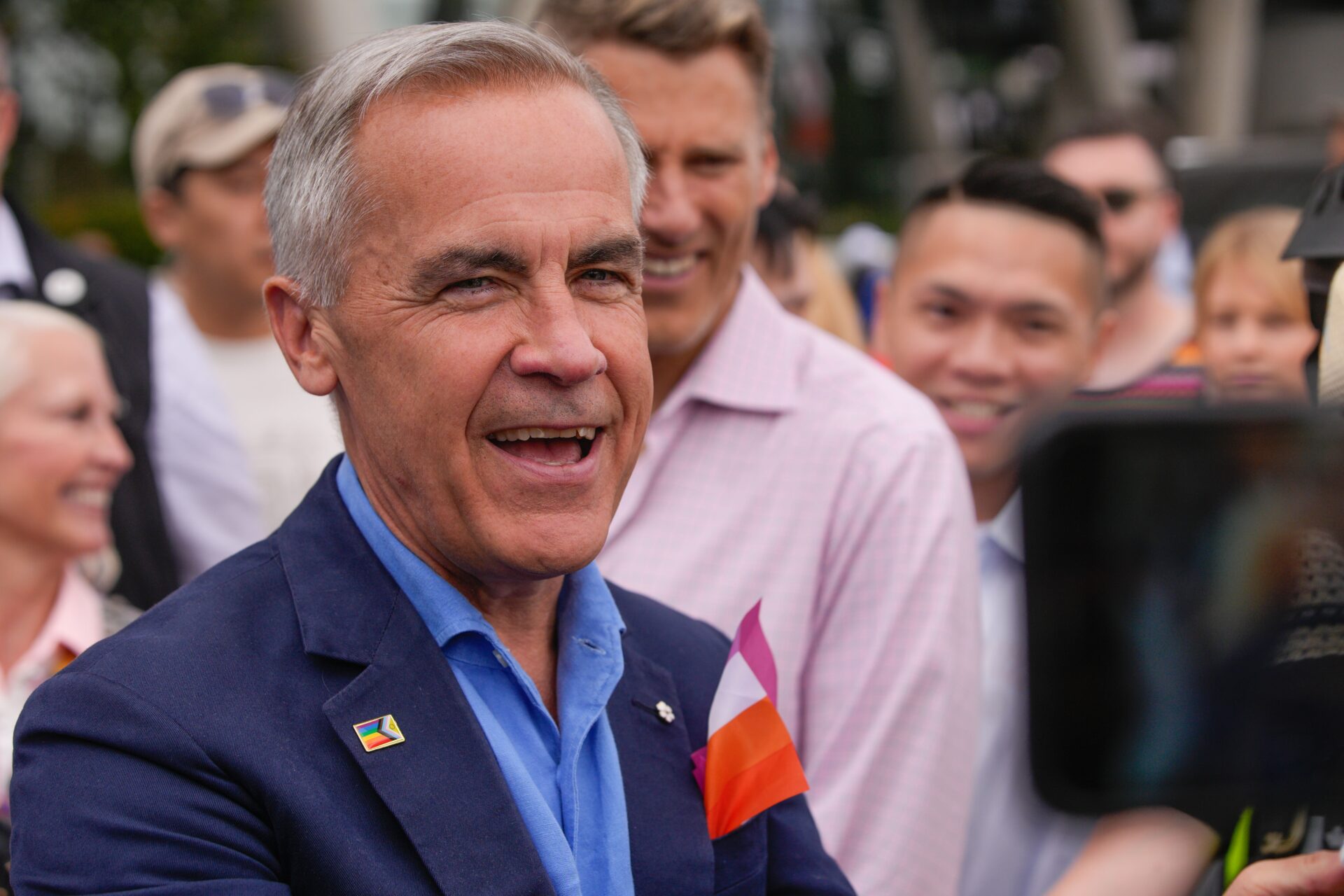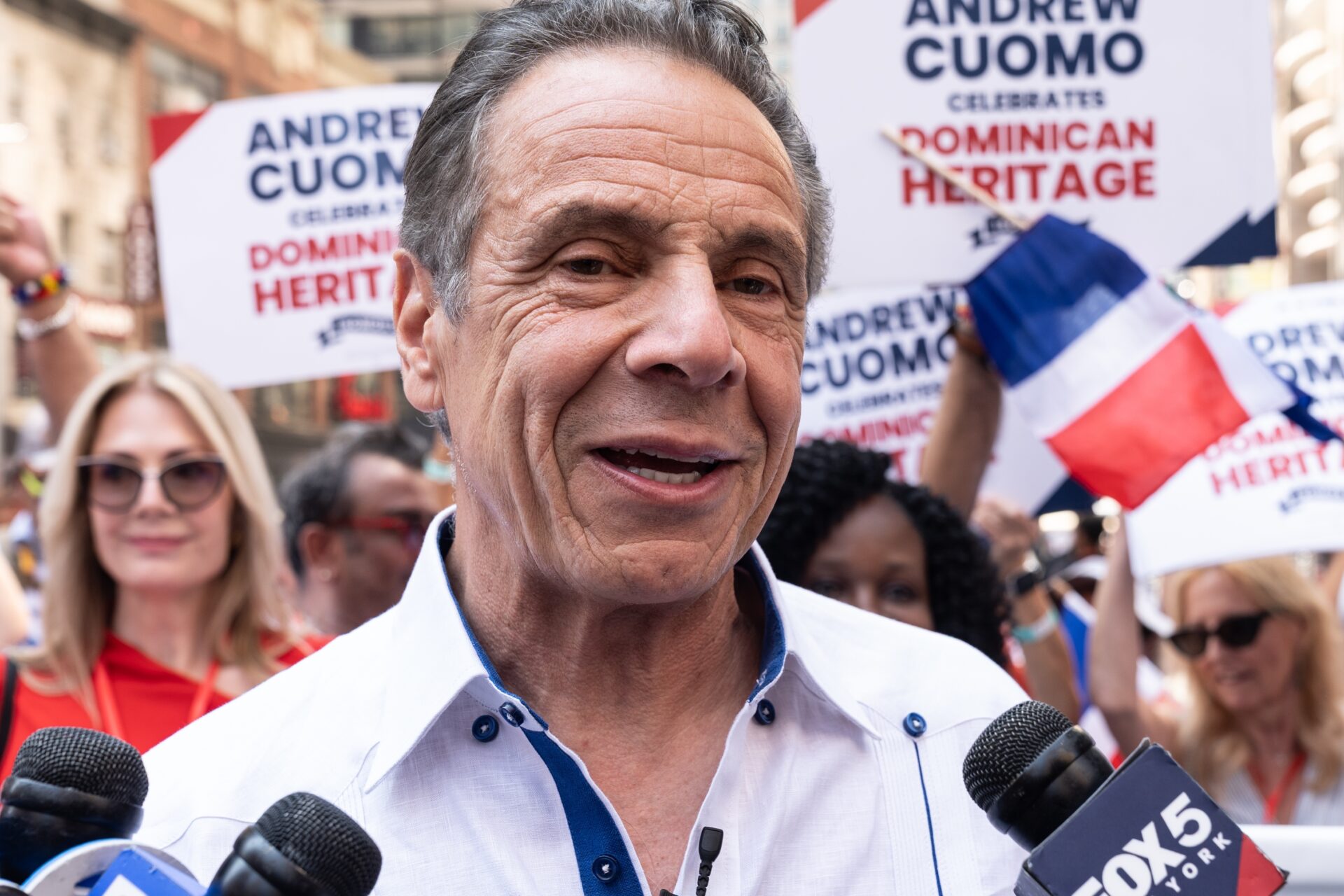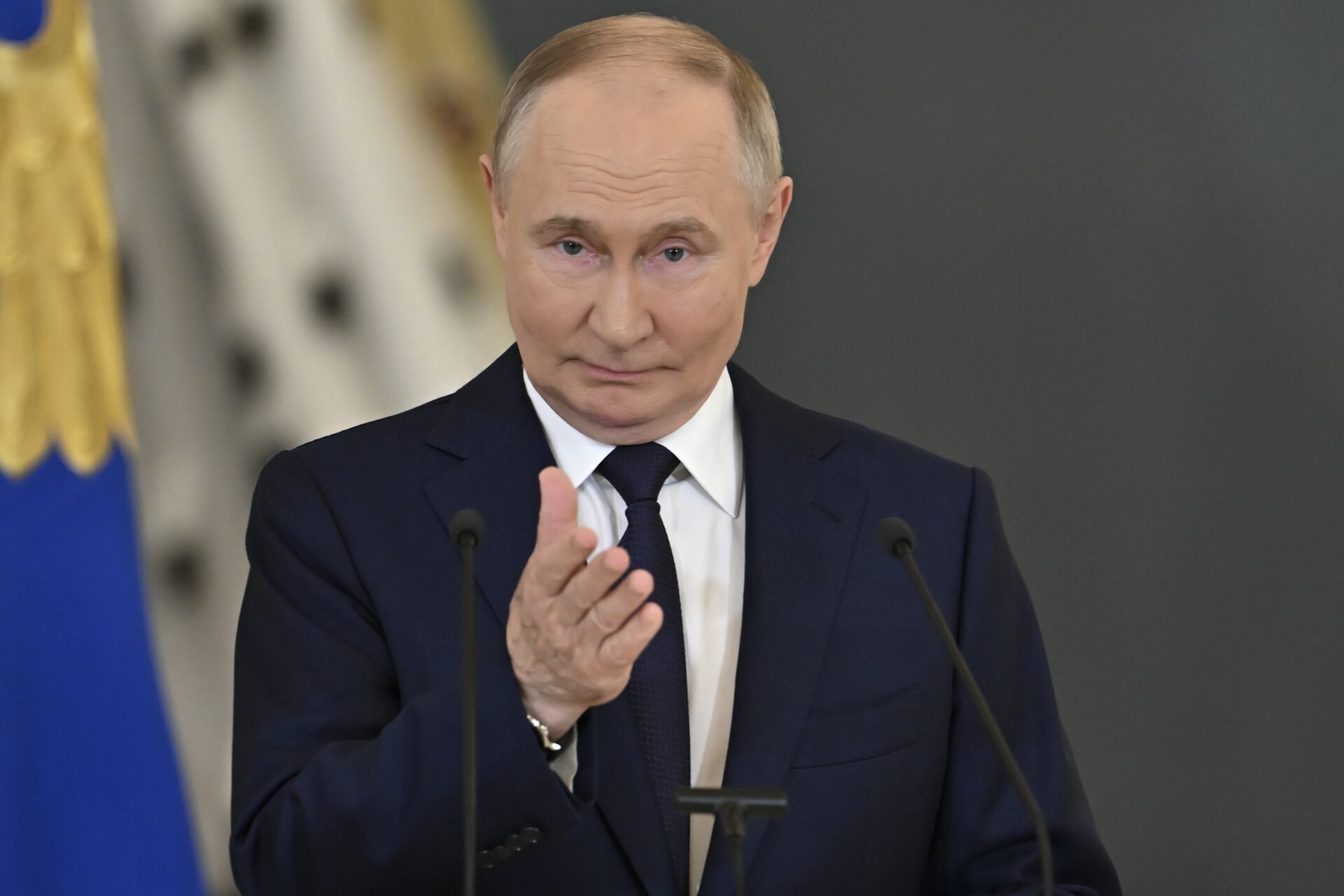
Rand Paul WARNS of Executive Overreach!
One Republican senator’s warning about unchecked presidential power is reigniting fierce debate over the future of constitutional checks and balances as President Trump’s executive actions escalate.
Story Snapshot
- Senator Rand Paul cautions that Trump’s legacy may be defined more by his sweeping use of executive power than by policy successes.
- Trump’s unilateral actions, especially on tariffs and trade, are sparking concern among constitutionalists and some conservatives.
- Congress faces bipartisan pressure to reassert its constitutional authority, but real reform has yet to materialize.
- Legal scholars warn that ongoing emergency rule could set a dangerous precedent for American democracy.
Rand Paul Raises Alarm Over Executive Power
Senator Rand Paul (R-KY) has issued a stark warning: President Trump’s aggressive use of executive orders risks overshadowing his policy record and undermining congressional authority. In an August 2025 interview, Paul argued that Trump’s pattern of bypassing Congress—most notably by imposing tariffs through executive order—could define his presidency, sparking concern among conservatives who value constitutional checks and balances.
Paul’s comments reflect mounting anxiety within the Republican Party about the erosion of congressional power. Despite Trump’s popularity among the GOP base, his willingness to act unilaterally—often under the guise of national emergency—has ignited debate over the proper limits of presidential authority. Paul, representing a libertarian-leaning faction, continues to push back against what he sees as dangerous precedents, warning, “I don’t want to live under emergency rule. I don’t want to live where my representatives cannot speak for me and have a check and balance on power”.
Historical Trends and Modern Flashpoints in Executive Authority
The U.S. Constitution grants Congress the power to impose tariffs and manage trade, but presidents of both parties have increasingly used emergency declarations and executive orders to sidestep legislative gridlock. This trend accelerated during Trump’s first term and has only intensified in 2025, with the administration taking bold steps on trade, national security, and immigration through unilateral action[2][3]. Recent moves to impose tariffs without congressional approval echo historic abuses of executive authority, such as King George III’s taxation of the colonies without consent—a key grievance that sparked the American Revolution.
Congress’s repeated failure to reassert its authority has resulted in a “supine legislature,” leaving the executive branch with growing dominance. Modern presidents, including Obama and Bush, made frequent use of executive orders, but Trump’s actions are viewed by critics as especially aggressive, raising alarms about a possible normalization of emergency rule and unchecked powe.
Current Developments: Legal and Political Battles Intensify
Since the start of Trump’s second term, the administration has continued to issue executive orders at a rapid pace, particularly targeting trade and immigration. While Trump and his allies defend these moves as necessary for national interest and swift policy implementation, bipartisan efforts have emerged in Congress to limit the duration of tariffs imposed by executive order and to restore meaningful legislative oversight[2]. Despite these efforts, no major reforms have been enacted as of August 2025, and the scope of presidential authority remains the subject of ongoing legal challenges and policy analysis.
Paul’s recent Senate floor speeches and public interviews have kept the spotlight on these issues, as legal scholars and policy experts warn that unchecked executive power threatens democratic norms. The Brennan Center for Justice and Just Security have documented the proliferation of executive actions, emphasizing the urgent need for Congress to reestablish constitutional boundaries.
Implications: Erosion of Checks and Balances and the Path Forward
The short-term impact of Trump’s executive actions has been increased partisan tension and legislative gridlock, with U.S. businesses and consumers feeling the effects of sudden tariff changes. In the long term, experts caution that continued reliance on emergency rule could erode congressional authority, weaken public trust in government institutions, and set a dangerous precedent for future administrations—regardless of party.
As debate continues, some Republicans rally behind Trump’s agenda, emphasizing results over process, while others, like Paul, insist that defending the Constitution and preserving American checks and balances is paramount. The ongoing struggle over executive power will shape not only this administration’s legacy but also the future of American democracy.
Sources:
The Independent: Rand Paul Warns Trump’s Policy Record Could Be Overshadowed by His Power Grabs
Brennan Center for Justice: Will Tariffs Awaken a Sleeping Congress?
Just Security: Collection of Trump Administration Executive Actions


